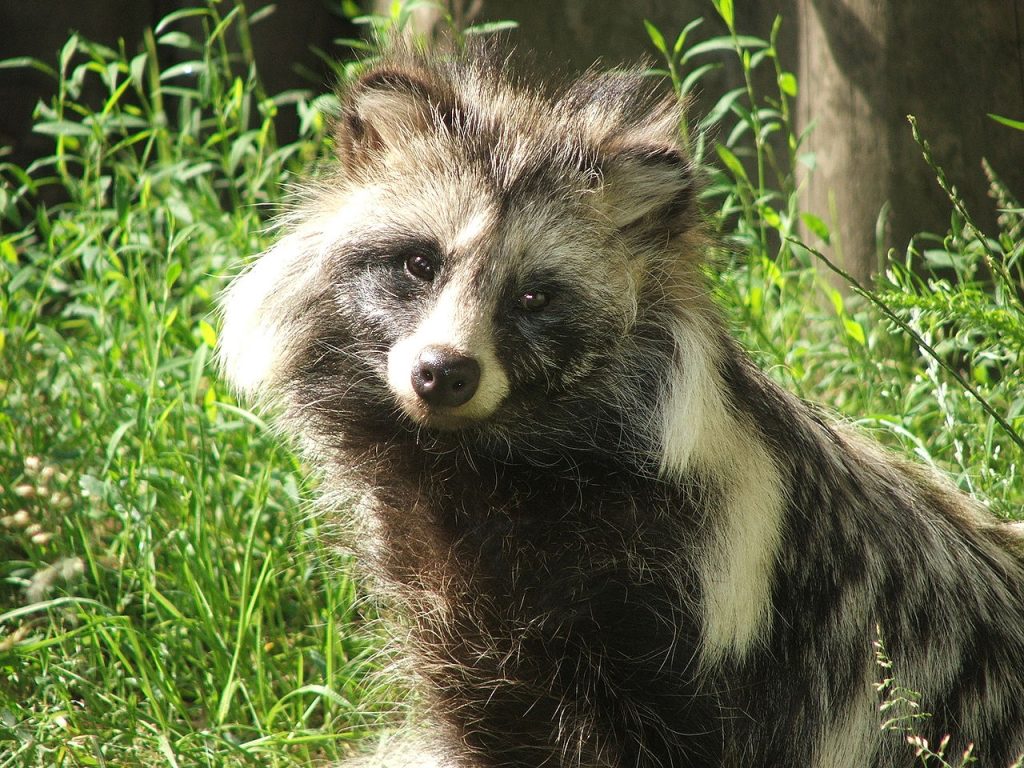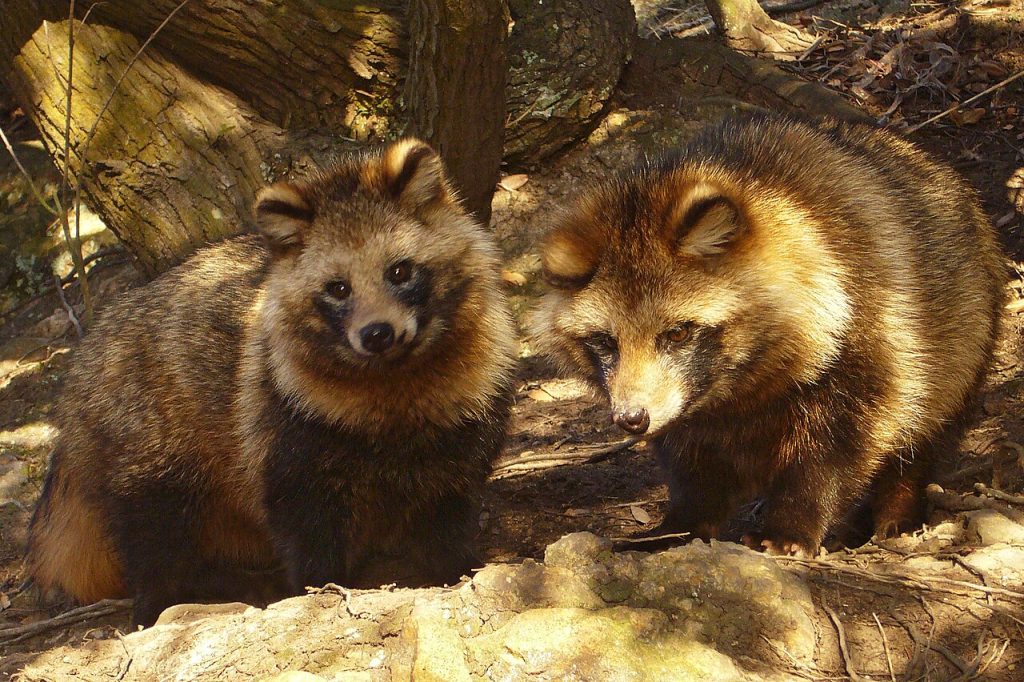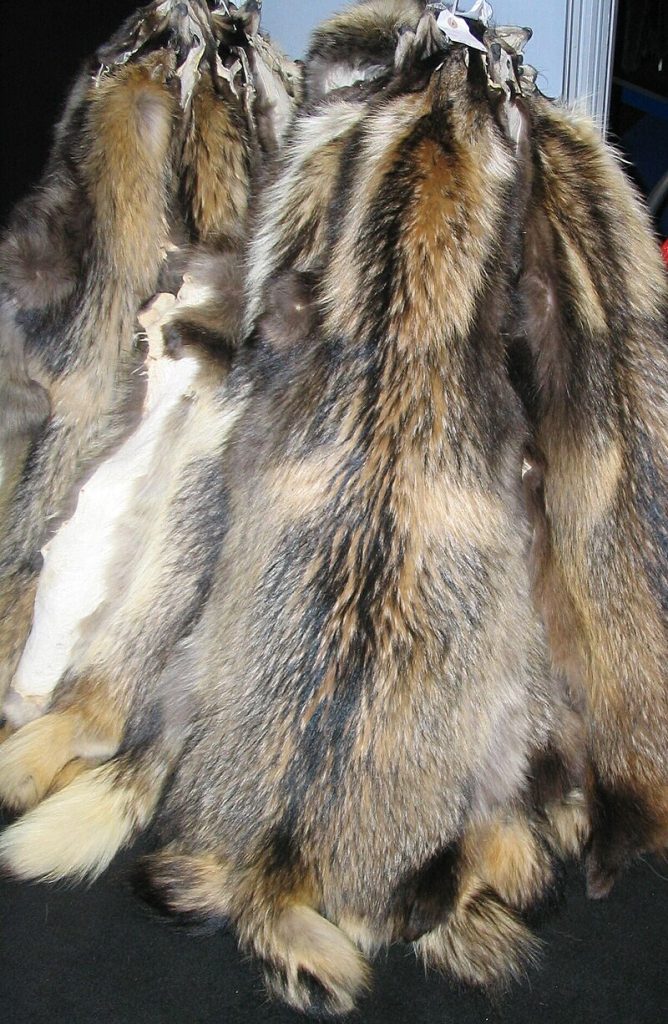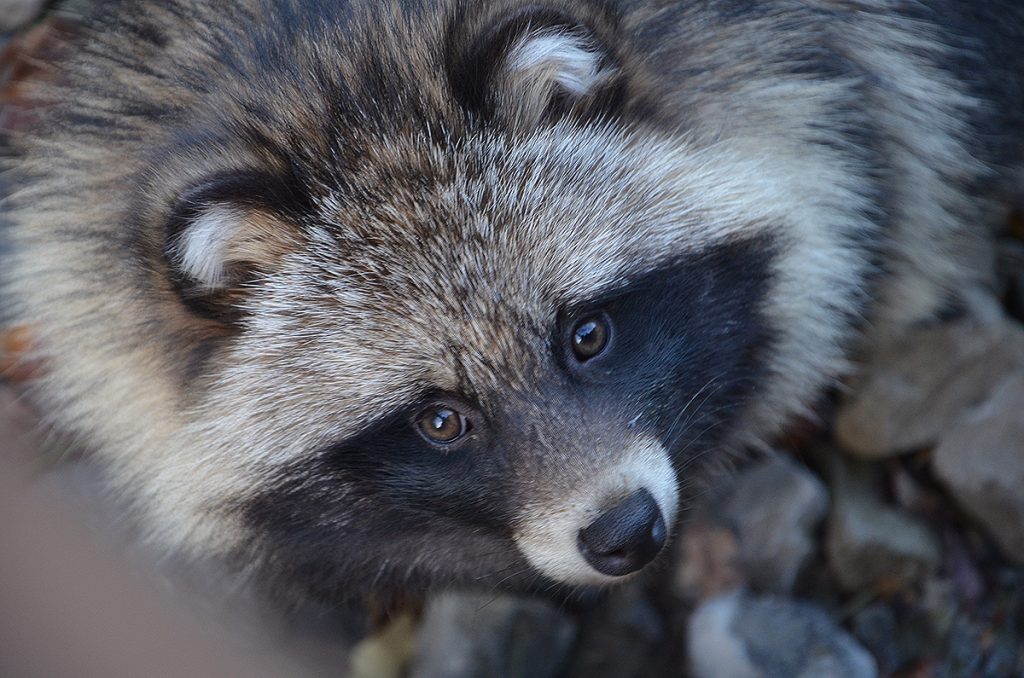A recent study published in Nature has revealed alarming health risks associated with fur farms, particularly those breeding raccoon dogs. Not only are these farms a potential breeding ground for dangerous pathogens that could spark a future pandemic, but there’s another issue that many consumers might be unaware of—raccoon dog fur is often sold as luxury fur, meaning people may unknowingly be wearing fur from Fido.

Raccoon dogs, native to East Asia, are commonly bred in fur farms in China and parts of Europe. The animals’ fur is highly sought after, particularly because it mimics more expensive furs like fox or mink.

However, most people purchasing these products are unaware that they’re buying fur from an animal that looks and behaves like a dog. The fur is often mislabeled or disguised, leading to ethical concerns over the transparency of the fur trade.

The health risks linked to raccoon dog fur farms are just as concerning. The study, published in Nature, found that these animals can carry and transmit a variety of viruses, including coronaviruses similar to SARS-CoV-2, which caused the COVID-19 pandemic. The cramped and unsanitary conditions on fur farms create an ideal environment for viruses to spread and jump from animals to humans, potentially triggering new outbreaks.

Researchers swabbed samples from hundreds of fur-bred animals and discovered 125 different viruses, some of which had never been seen before in mammals. The presence of these pathogens, particularly in animals like raccoon dogs, highlights the danger these farms pose to global health.

Fur farms can serve as a bridge between wildlife viruses and human populations, a mechanism for pandemics to occur.

The fur trade, particularly with animals like raccoon dogs, poses risks far beyond ethical considerations. Not only is the fur industry inhumane, but it also increases the risk of emerging zoonotic diseases.

For consumers who think they’re purchasing harmless, high-end fur, the reality is much darker. Whether it’s due to deliberate mislabeling or a lack of transparency, people may unknowingly support an industry linked to severe health and ethical concerns.

Public awareness about the origins of fur products needs to increase, not only for animal welfare but to address the public health risks involved.






